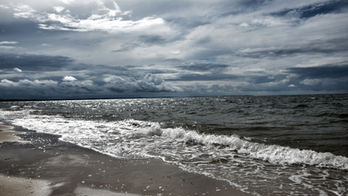
Paddle Safety
Safety Factsheet #
12
Overview
Because of their small size and instability, paddle craft operators are vulnerable in the water. They are also vulnerable in bad weather conditions and cold water.
Paddle craft are also involved in incidents caused by other vessel operators, like incidents resulting from a lack of proper lookout or excess speed. For these reasons, paddle craft safety is a priority issue in the Australian Water Safety Strategy.
You should always wear a lifejacket and be prepared for the conditions and check the weather ahead of your trip. If the weather changes while you are on the water, change your course and find a more sheltered site or return to shore.
Know the limits of your craft, as well as your own paddle abilities as paddling in certain weather conditions such as high wind can be extremely tiring.Increasing the visibility of your paddle craft is also important. It is always a good idea to wear bright clothing and lifejacket, and choose a bright hull to make sure you can be seen by larger vessels.
Tips to stay safe:
Your craft and equipment
Be bright and be seen. Make sure you and your craft are easily visible at all times. Wear bright clothing and a bright lifejacket and choose a brightly coloured hull if possible
Always wear a lifejacket
At night display the right lights to help others see you.
Before you head out
Ensure your craft is suitable for your ability and the conditions before you go
Check the weather, and if the weather or water looks rough, postpone your paddle or pick a more sheltered location
Tell someone where you are going and estimated time of return.
While you are out on the water
Watch out for larger vessels – never try to cross ahead, always pass behind larger craft
Stay close to the shore wherever possible – keep out of the way of larger vessels
Choose a paddle location that isn’t too busy with larger vessels
Stay in a group if possible.
Related Items
Explore deeper into our campaign messages to learn more

